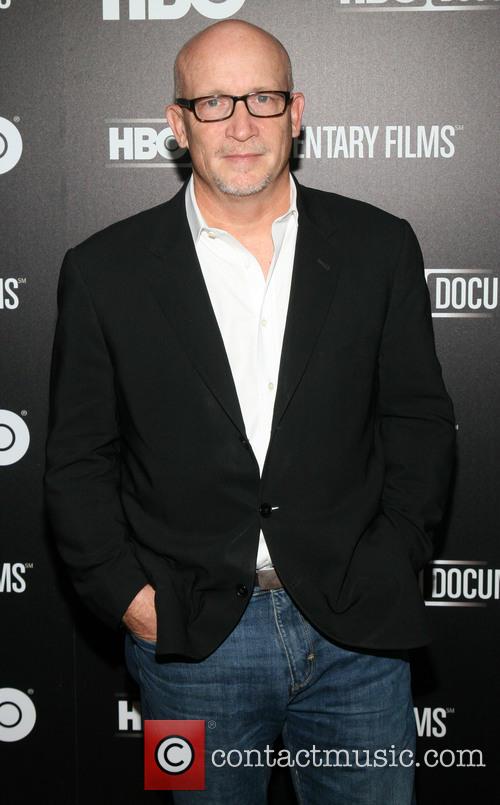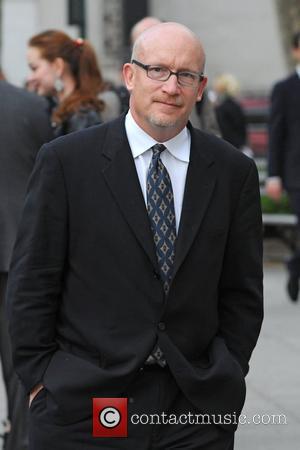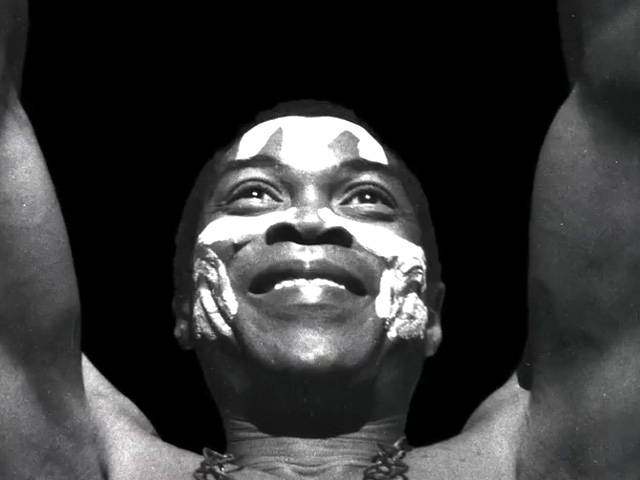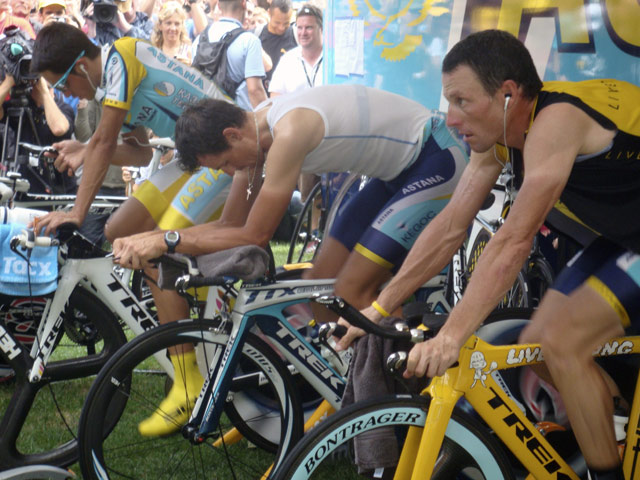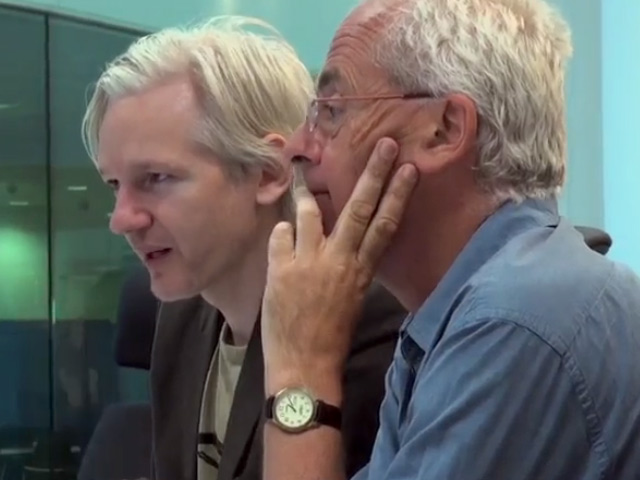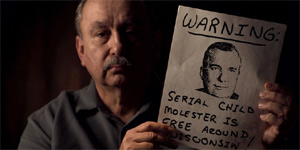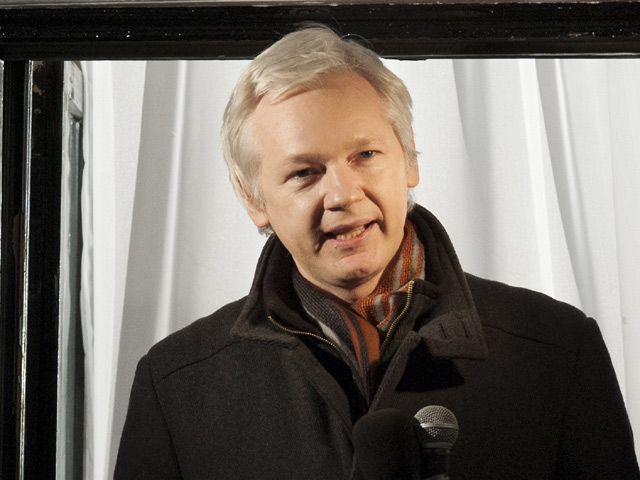While the eventful life of Fela Kuti provides more than enough subject matter for a biographical documentary, award-winning filmmaker Alex Gibney weakens the film with a second narrative strand that feels like another movie altogether. He did the same thing with last year's The Armstrong Lie, which compromised the Lance Armstrong scandal with clips from an abandoned glowing doc about his earlier comeback. This time, he has intercut Fela's story with a theatre group trying to mount a show about his life.
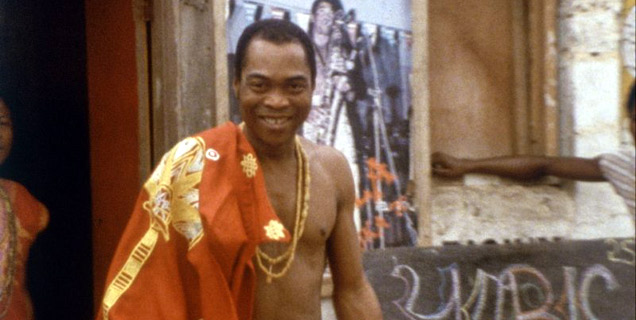
Born in 1938, Fela is considered one of the most important figures in 20th century Africa. As a pioneering composer and performer, he transformed Nigeria's musical landscape, all while standing up for human rights and criticising political corruption, often at considerable risk of retaliation from Nigeria's oppressive government. As a young man, he was influenced by jazz clubs he visited in London and Los Angeles, and returned to Lagos to start his own iconic venue, The Shrine. A lone voice against government corruption, he lived a communal life with countless wives, girlfriends and children, and he very nearly sabotaged his career with heavy drug use. But even with his death in 1997 at age 58, he challenged the Nigerian state propaganda machine, which had declared that Aids did not exist in the country.
This story is told with a superb wealth of archival footage, stills and interviews, letting Fela himself speak and sing as his life traverses the first 50 years of Nigerian independence. This is such a vitally important story of a seriously revolutionary man that it's utterly gripping. So it's rather frustrating that Gibney weaves it together with the project to tell Fela's story through a Broadway musical. The practice and performance clips offer dramatic recreations of events in Fela's life, putting his music in context, but the actual home movies and newsreel clips tell us a lot more.
Continue reading: Finding Fela Review
 John Travolta has defended his controversial church
John Travolta has defended his controversial church